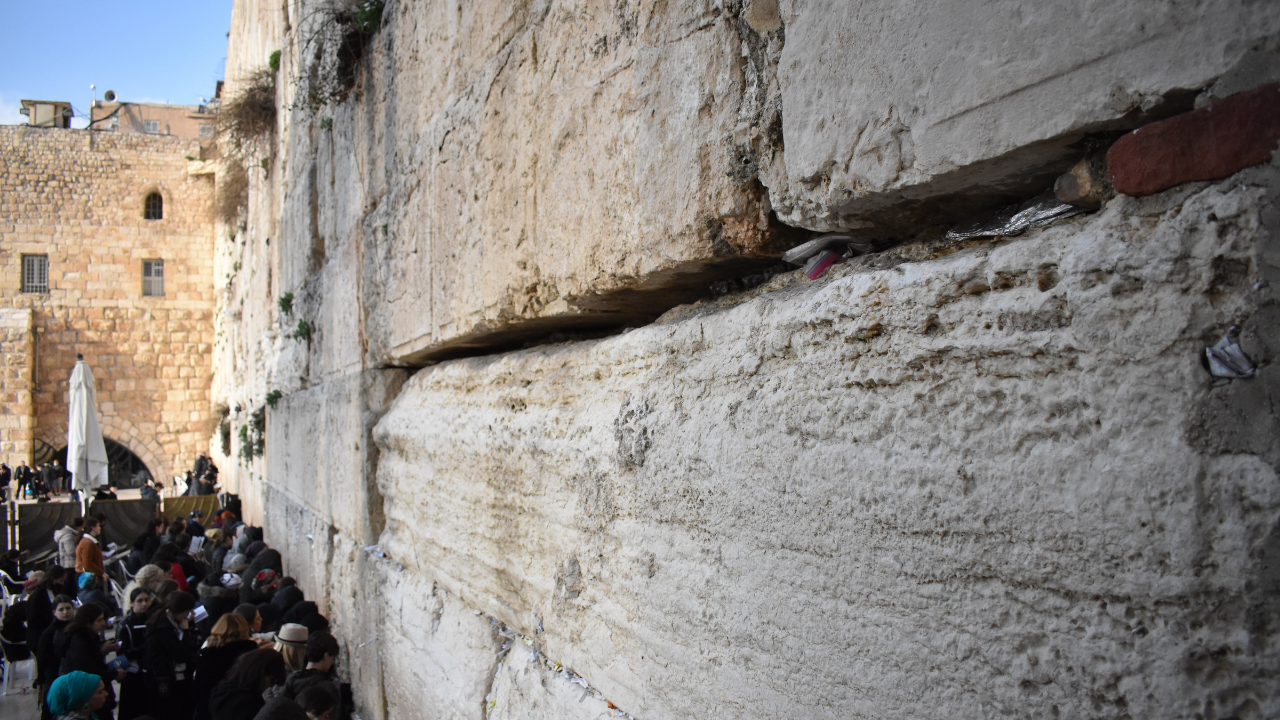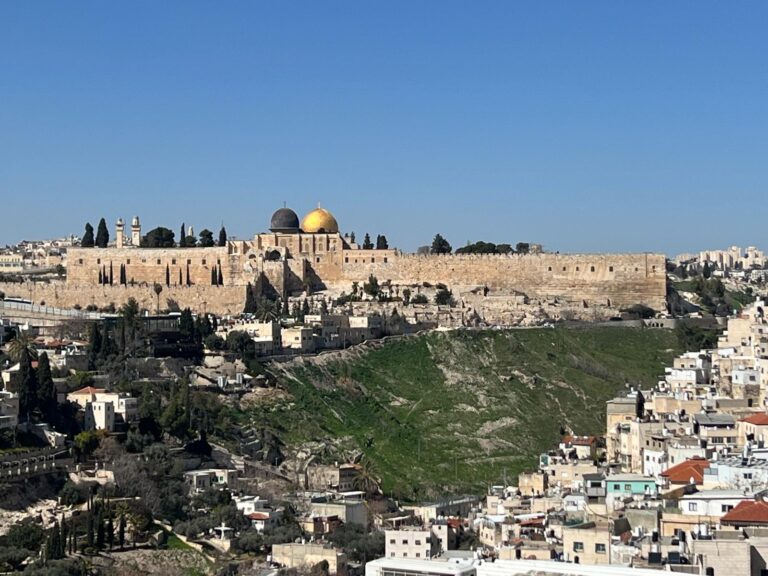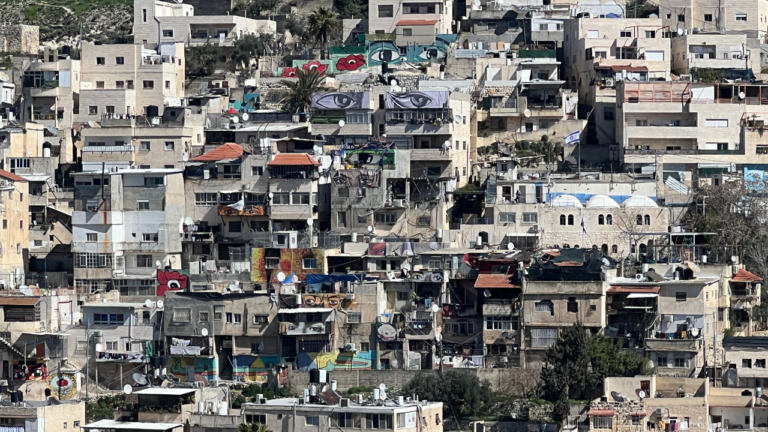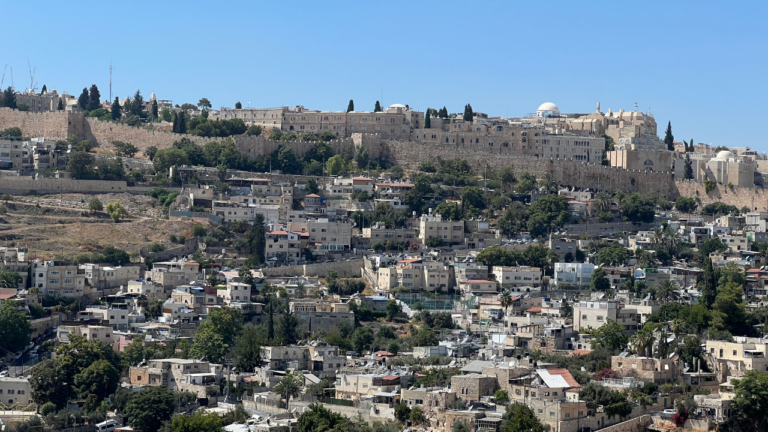The Great Shabbat and Jerusalem
This Shabbat is an important step in our preparation for and march towards Pesach. Commemorating the miracle of the Jewish people safely taking the sheep for the Korbon Pesach, this Shabbat is traditionally a time for studying the laws of the holiday and even for reading sections of the Hagadah.
The Sefat Emmet notes that it is not by chance that the Pesach season opens with a Shabbat. During the week God is hidden and He acts in this world through intermediaries. The natural order is in place and Jews live in a similar fashion to non-Jews in the sense that we go to work to earn a livelihood. On Shabbat, though, God reveal Himself and act directly in this world. He transcends nature and correspondingly we are not bound by the natural order and do not go to work.
The revelation of God and His direct control over this world is a theme of Pesach. God could have taken the Jews from Egypt in a natural way through rebellion and war. However, in the beginning of God’s involvement with the Jewish people, He wanted to demonstrate that He transcends nature and can perform open miracles. This Shabbat-like quality of Pesach is the reason that experiencing a special Shabbat is the perfect way to prepare for the holiday.
The Sefat Emmet continues that this transcendence over nature is the reason that Pesach is always remembered. There is a mitzvah to mention and think about the exodus from Egypt every day, no matter where one lives and what life situation one finds himself in. According to one opinion in the Mishna, even in the messianic era which will be a time of great miracles, there will still be a mitzvah to remember the events of Pesach. In other words, the need to remember the exodus is not
limited by time and space. Just as Pesach revealed that God breaks and controls the natural order, similarly, our memory of the events are eternal and not limited by the nature order.
This explanation can shed light on the eternality of Yerushalayim. The Sefat Emmet taught us that when God acts directly in this world in the mode of “Shabbat” the results are eternal and unlimited. Yerushalayim is also a city that was willed into existence through a direct act of God. The Torah refers to the Beit HaMikdash as “fashioned by God’s hands.” The Midrash extends this description to the entirety of Yerushalayim. Thus, YErushalayim, Pesach and Shabbat all share this quality of being associated with a direct act of God and accordingly transcend time.
Based on the commonality between Yerushalayim, Pesach and Shabbat it is fitting that the haftorah of Shabbat HaGadol highlights the eternality of Yerushalayim. The first verse of the haftorah is: “Then the offerings of Yehuda and Yerushalayim shall be pleasing to God as in the days of yore and in the years of old.” It does not matter if we are in the days of yore, the present, or the future messianic era, the offerings of Yerushalayim will always be pleasing to God.



